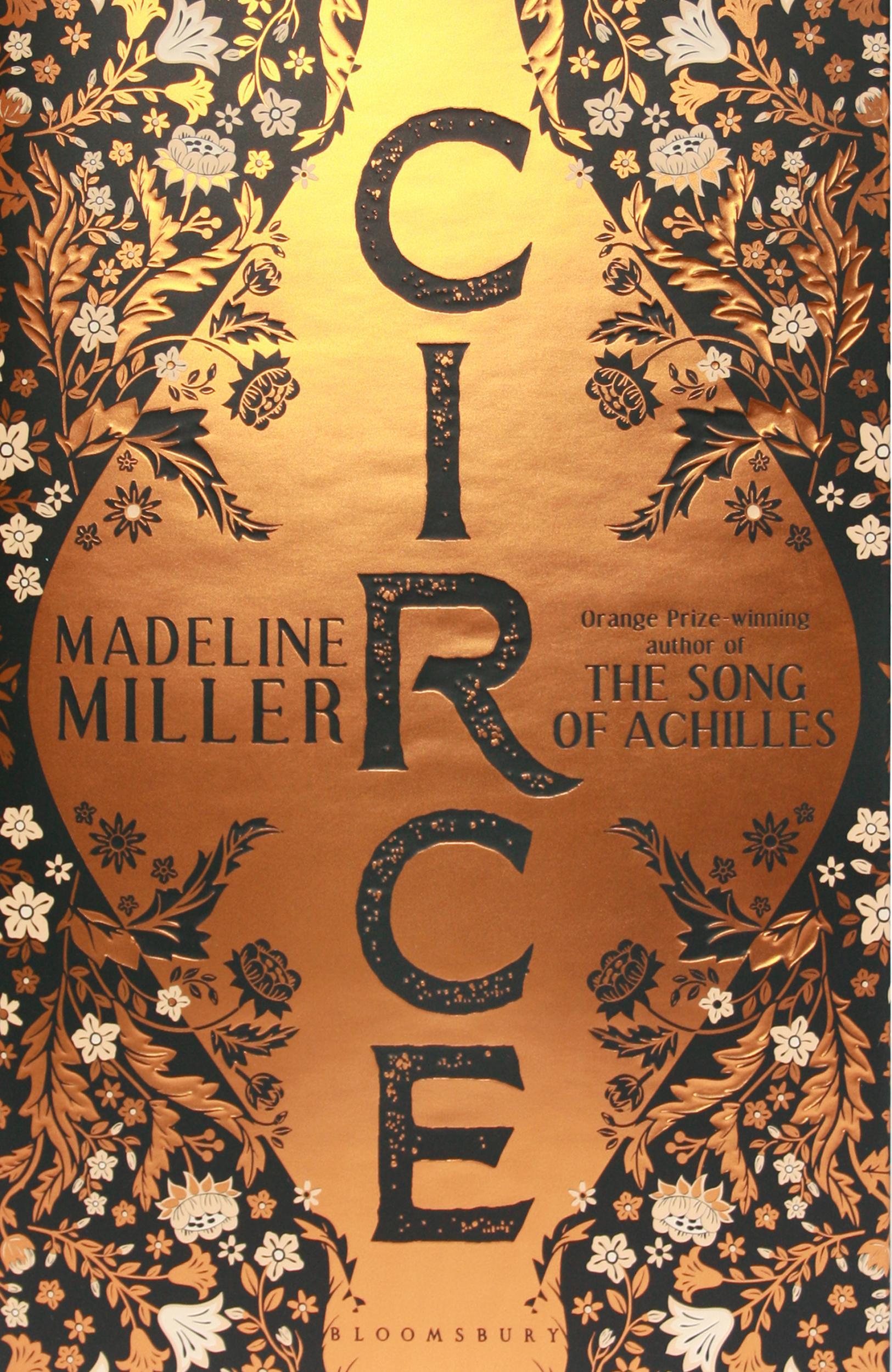Circe, Madeline Miller, review: Feminist rewrite of the Odyssey turns tale of subjugation into one of empowerment
Following her bestselling, prize-winning re-imagining of the 'Iliad', Miller turns to Homer for inspiration once more

The Song of Achilles, Madeline Miller’s re-imagining of The Iliad that positioned the love story between Achilles and Patroclus centre stage, was both a bestseller and won the 2012 Orange Prize for Fiction. With this recipe for success in hand, it’s not surprising that Miller – who teaches high school Latin and Greek – has turned to the same model for her thrilling second novel, Circe, though this time it’s the Odyssey that provides the primary text.
The powerful witch Circe, who waylays Odysseus and his men – turning the latter to pigs – on their long voyage home to Ithaca, is set free from the few meagre lines of text she’s afforded by Homer, and transformed here into the heroine of her own magnificent story. “How would the songs frame the scene?” Miller’s Circe often asks herself, well aware of the narrative control others exert over the story of her life.
The Classics are undergoing something of a feminist revisionist revolution right now. Emily Wilson’s new translation of the Odyssey – the first to be written by a woman – was published to great acclaim at the end of last year, and this August brings Booker Prize-winner Pat Barker’s new novel, The Silence of the Girls: a “radical retelling of The Iliad” from the point of view of Briseis, the captured queen-turned-slave. So too, Miller’s Circe is a woman who will not be silenced.
“When I was born,” she begins her tale, “the name for what I was did not exist.” Circe’s witchcraft originates in her rage and jealousy, itself the result of years of harsh treatment at the hands of her more beautiful and powerful Titan kin – she is the firstborn of Helios the sun god and the beautiful nymph Perse (daughter of Oceanos). She’s dismissed as unattractive, her weak mortal’s voice considered most offensive of all, nevertheless she persists; one could well describe her as the original nasty woman.
One fears that once she’s banished to the island of Aiaia – punishment for transforming the beautiful but viper-hearted nymph Scylla, Circe’s rival in love, into a hideous sea monster – the narrative will stall. Instead, Miller weaves the tales of others – Medea, the bride of Jason with the blood of her brother still fresh on her hands; the birth and imprisonment of the bloodthirsty Minotaur; those the sorceress takes to her bed, Hermes, Daedalus, Odysseus, and finally his son Telemachus – in with Circe’s own, all as seamlessly as the beautiful cloth Circe herself spins on the splendid loom the master craftsman Daedalus builds her.
The enchantress’ “virtue” is “endurance,” and Circe is accosted with much that demands forbearance, all of which makes for gleeful, greedy reading. Written in prose that ripples with a gleaming hyperbole befitting the epic nature of the source material, there is nothing inaccessible or antiquated about either Circe or her adventures. Miller has effected a transformation just as impressive as any of her heroine’s own: she’s turned an ancient tale of female subjugation into one of empowerment and courage full of contemporary resonances.
'Circe' is published by Bloomsbury, £16.99
Subscribe to Independent Premium to bookmark this article
Want to bookmark your favourite articles and stories to read or reference later? Start your Independent Premium subscription today.

Join our commenting forum
Join thought-provoking conversations, follow other Independent readers and see their replies